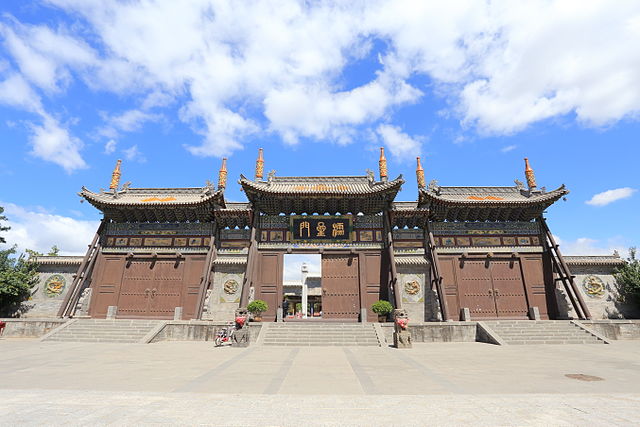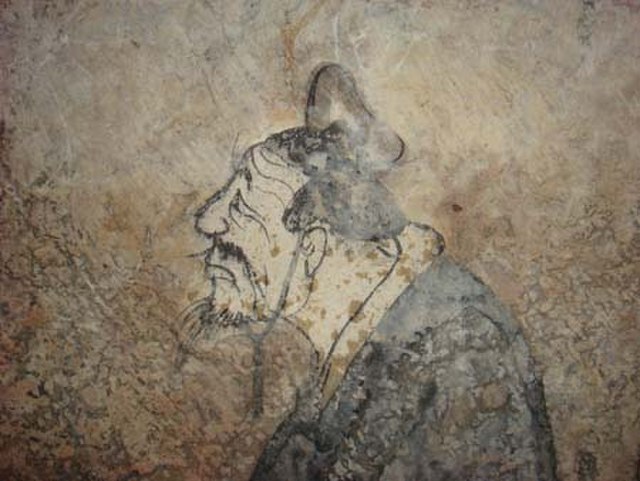Way of the Gods according to the Confucian Tradition
The Way of the Gods according to the Confucian Tradition, also called the Luandao or Luanism or—from the name of its cell congregations—the phoenix halls or phoenix churches, is a Confucian congregational religious movement of the Chinese traditional beliefs.
The fenghuang as a detail of a 10th-century Chinese relief.
Confucianism, also known as Ruism or Ru classicism, is a system of thought and behavior originating in ancient China, and is variously described as a tradition, philosophy, religion, theory of government, or way of life. Confucianism developed from teachings of the Chinese philosopher Confucius (551–479 BCE), during a time that was later referred to as the Hundred Schools of Thought era. Confucius considered himself a transmitter of cultural values inherited from the Xia (c. 2070–1600 BCE), Shang (c. 1600–1046 BCE) and Western Zhou dynasties (c. 1046–771 BCE). Confucianism was suppressed during the Legalist and autocratic Qin dynasty (221–206 BCE), but survived. During the Han dynasty, Confucian approaches edged out the "proto-Taoist" Huang–Lao as the official ideology, while the emperors mixed both with the realist techniques of Legalism.

Temple of Confucius of Jiangyin, Wuxi, Jiangsu. This is a wenmiao (文庙), that is to say a temple where Confucius is worshipped as Wendi, "God of Culture" (文帝).
Gates of the wenmiao of Datong, Shanxi
Confucius in a fresco from a Western Han tomb in Dongping, Shandong
Painting of Confucius donning traditional robes, by Wu Daozi, 8th century





